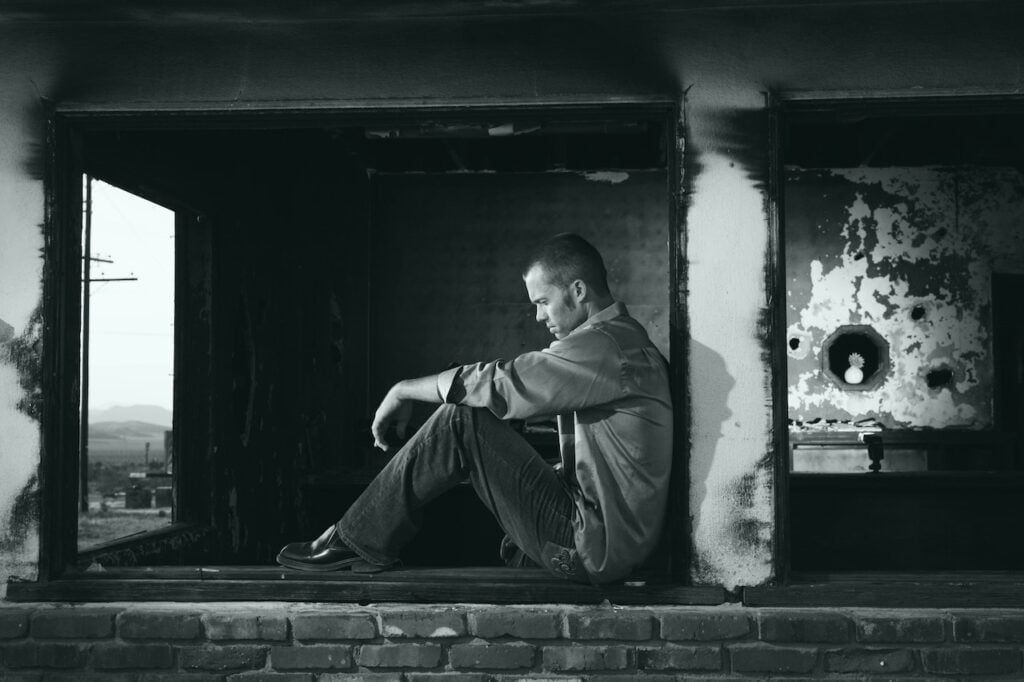Though at times it may feel like there is no possible end to your addiction, there is always hope with OK Rehab.
We are a recovery advocate service created by people living in recovery, who are now dedicated to helping people in need of crucial addiction treatment. With our help, you could soon be placed in a drug and alcohol rehab in Wombwell and on your way to full recovery from your substance addiction.
All it takes to start the process of recovery is one phone call to 0800 326 5559. You can also reach us by email, or by filling out our online form with your details and some information about yourself and your addiction.
What is a drug and alcohol detox?

The purpose of a drug or alcohol detox is to rid the body of any toxins left behind from substance use.
Throughout your drug or alcohol use, your body will have come to rely on the substance you have been continually using, and over time it will have stopped producing what it has been receiving from this substance altogether.
Suddenly withdrawing from the substance the body has become dependent on can be a huge shock to your system, and in severe cases, this can even be fatal. A drug and alcohol detox allows your body to slowly adjust as the substance is tapered off at a comfortable pace until no substance remains and you are fully withdrawn.
Withdrawal symptoms are the result of this adjustment and can range from mild (nausea, dizziness, muscle pain, tiredness, headaches) to more dangerous and, in some severe cases, even life-threatening side effects (hallucinations, tremors, seizures, delirium tremens, irregular heartbeat).
Will I need to detox?
If you have not undergone one before your admission into a drug and alcohol rehab in Wombwell, then yes, you will have to undergo a full detox when you arrive at your chosen rehab.
This is the most important step in the journey to recovery and also one of the very first – a detox must be done before any other treatment for your addiction can begin.
Undergoing your detox in rehabilitation is also highly necessary so that staff and medical professionals on hand can monitor your health throughout, prescribe any medication if needed to ease withdrawal symptoms, and ensure you are detoxing at a safe pace.

How long will a detox take?
How long your drug or alcohol detox takes is entirely dependent on the severity of your addiction, the length of time you have used for, the substance – or multiple substances – you have used, and whether or not you have tried to detox before and failed.
The average is around 1-2 weeks, but a detox can take anywhere from a few days to a few months.
Mild withdrawal symptoms can last up to a year in some cases, and some clients may experience Post-Acute Withdrawal Syndrome (PAWS), which is the ongoing impact of a detox characterised by symptoms such as insomnia, severe mood swings, poor memory, and depression.
Other treatments to expect
After a full detox, you will be ready to begin the next phase of your treatment.
Therapy, counselling, and other forms of treatment will be your main focus in rehabilitation from this point, with whatever you participate in being decided by assessments that will take place during the admissions process.
These quick and simple assessments simply allow us to find out what your specific and personal needs for treatment are so that we can plan accordingly to offer you the best care possible in the most beneficial treatment facility.
Some methods of treatment to expect include:
- Acceptance and Commitment Therapy (ACT): A form of psychotherapy that uses mindfulness practices to help clients live in ways that are consistent with their values.
- Motivation Enhancement Therapy (MET): A form of motivational interviewing that aims to make clients more motivated to change and continue treatment.
- Cognitive Behavioural Therapy (CBT): A therapy that aims to improve mental health by focusing on challenging and altering mental and emotional behaviours.
- Dialectical Behavioural Therapy (DBT): A form of CBT that began as a way to treat Borderline Personality Disorder (BPD), but over time has been altered slightly to help clients battling addiction change their behaviour.
- Contingency management: A simple form of treatment that uses incentives (prizes, money, etc.) as rewards for good behaviour.
- Individual therapy: A one-on-one therapy with a professional therapist – the most popular form of therapy.
- Family therapy: A therapy where family members of the affected individual can come together to discuss how the addiction has also impacted them, and to brainstorm ways that they can offer help
- Group therapy: Commonly seen on screen, group therapy introduces strangers suffering through similar situations to each other for them to heal as a group through the sharing of personal stories
There is no shame

We’ve been where you are before.
Many of the team here at OK Rehab have experienced some form of addiction themselves and are now living their lives in recovery, so we know better than anyone what battling a substance dependence is like. We know how isolating and stressful it can be to deal with addiction daily, and how reaching out for help can oftentimes feel embarrassing or shameful.
That is why we want all of our clients to know that these feelings are temporary and that there is no shame in struggling with a drug or alcohol addiction. Your addiction does not define you, and your recovery is very much possible.
We strive to make OK Rehab a safe space where you can comfortably and openly discuss your addiction, without the fear of being judged. We do not discriminate based on addiction, social class, sex, gender identity, sexuality, ethnicity, race or age, and we aim to treat every client we support fairly and equally.
If you ever feel that we are not upholding these principles, or you feel unsafe or uncomfortable at any time during the admissions process, please do not hesitate to let us know.





